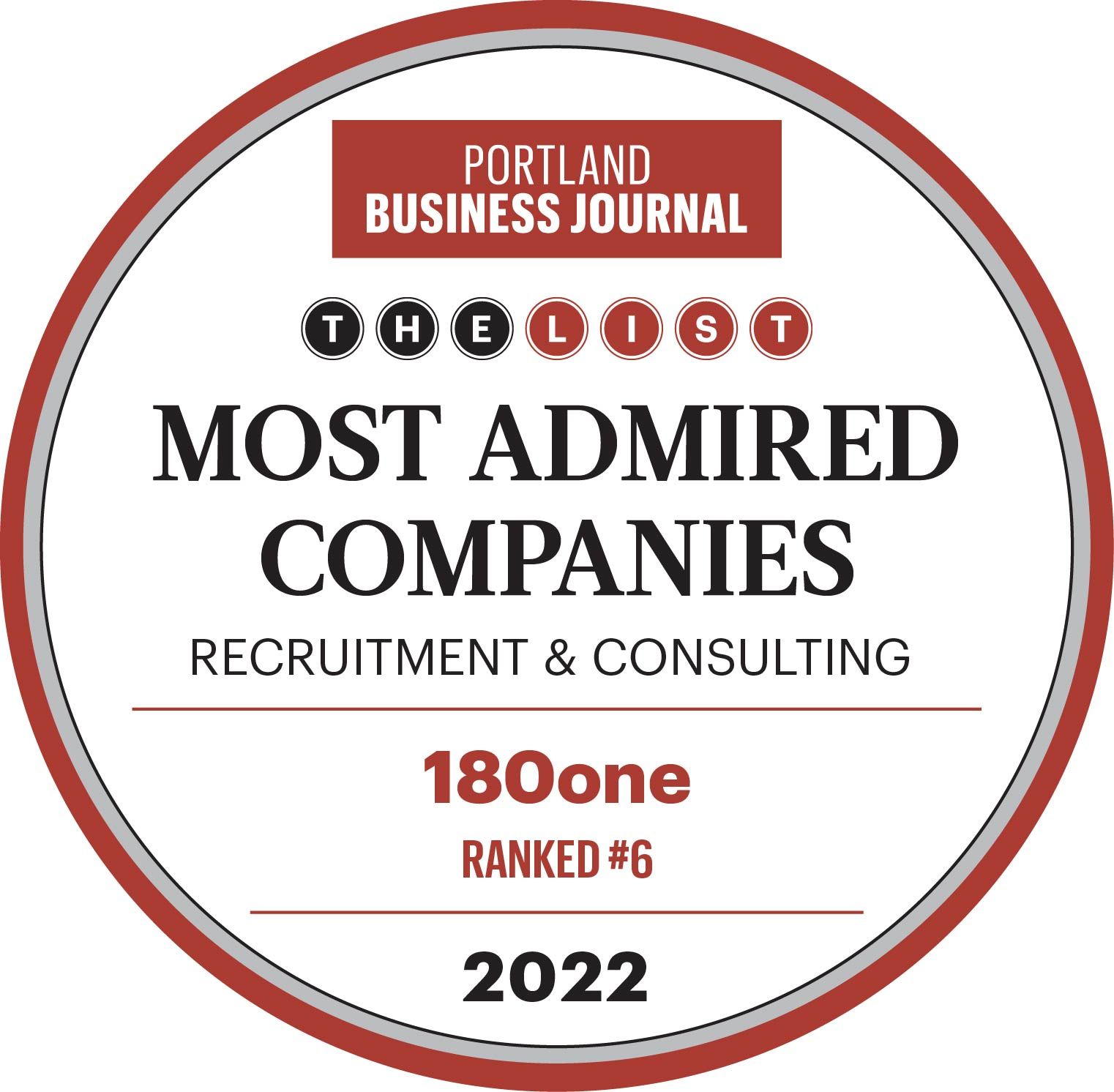The Belichick Effect - Why Past Performance Doesn’t Predict Future Success
In leadership hiring, one belief persists above nearly all others: that past performance is the best predictor of future success. It’s logical, comforting, and intuitive. After all, if a leader delivered results before, higher revenue, a successful turnaround, a winning streak -they must be capable of doing it again.
But that assumption is dangerously flawed. A growing body of evidence, real-world missteps, and cautionary tales suggest that evaluating a leader based solely (or even primarily) on past results can lead to costly misalignments.
A recent example highlights this perfectly: The University of North Carolina’s headline-grabbing hire of NFL legend Bill Belichick as head football coach. With six Super Bowl rings and a reputation as one of the greatest coaches in history, Belichick’s track record was unparalleled. Yet in his college football debut with UNC, his team suffered a lopsided 48–14 loss. Suddenly, it was clear: past greatness didn’t guarantee future success in a dramatically different context.
While we know Coach Belichick is very early in his tenure at UNC, it’s a fresh reminder that this example extends far beyond sports. It speaks directly to how businesses approach executive hiring, and why it’s time to shift the paradigm.
1. Context Is Everything
A key mistake in interpreting a leader’s past success is ignoring the unique conditions under which that success occurred. Was the company in a growth market? Did the executive have access to elite teams, ample resources, or timing that favored bold moves?
An executive who excelled in a highly structured, well-capitalized organization may not thrive in a lean, ambiguous, or turnaround environment. Just as Belichick moved from the resource-rich NFL to a university setting with completely different dynamics, many business leaders falter when they switch into unfamiliar ecosystems.
Context can make or break performance, and no résumé bullet point can capture that nuance.
2. Success Is Rarely a Solo Act
Leadership achievements often look like individual triumphs: “Led $500M product launch,” “Turned around underperforming division,” or “Grew revenue by 60%.” But these outcomes are almost always the result of collective effort.
High-performing teams, strong market tailwinds, or favorable internal politics may have played a significant role. Without understanding the true contributors to success, companies risk crediting one person for what was actually a team-driven or market-driven win.
Belichick’s NFL success, for example, wasn’t built in a vacuum, it involved legendary players, long-standing staff, and decades of organizational infrastructure. When hiring executives, we must dig deeper: Was the leader truly driving results, or were they simply in the right place at the right time?
3. The Skills That Worked Before May No Longer Apply
Many executives ascend by mastering a particular set of skills, scaling a startup, optimizing supply chains, leading sales, but the demands of a new organization may require a completely different skill set.
A tactically brilliant operations leader may struggle in a CEO role that demands vision, cross-functional influence, and public-facing leadership. Similarly, an aggressive change agent may clash with a culture that values steady consensus-building.
In Belichick’s case, the NFL rewards control, discipline, and closed systems. College athletics requires recruiting 17-year-olds, navigating academic culture, and engaging with boosters. Translated to the corporate world: the same leadership playbook won’t always work in a different environment.
4. Cultural Fit Often Trumps Credentials
More than half of executive failures can be traced back to a mismatch in values, communication style, or organizational expectations. Culture fit isn’t about superficial traits - it’s about deep alignment with how a company makes decisions, treats people, and approaches problems.
A highly hierarchical leader from a Fortune 50 firm may feel paralyzed in a startup where decision-making is fast and informal. Conversely, a founder-style leader may chafe against the bureaucracy of a multinational.
In Belichick’s case, the shift from professional players to student-athletes required more than tactical expertise - it required a mindset and relational approach that wasn’t part of his long NFL tenure. Culture was the hidden barrier.
5. The Future Requires Adaptability, Not Repeatability
The pace of change in business today is staggering. AI, hybrid work, geopolitical instability, and generational shifts in employee values mean that today’s leaders must continuously learn, pivot, and adapt.
Past performance often reflects a leader’s ability to optimize for the conditions that once existed - not necessarily their ability to navigate what’s coming next.
Instead of asking, “What has this leader done?” the better question is, “How do they think? How do they learn? Can they lead through ambiguity?”
Executives with linear, legacy-bound thinking may fall short in organizations seeking transformation. Adaptability, not a polished track record, is becoming the most valuable leadership asset.
6. The Halo Effect Clouds Judgment
High-profile successes create a “halo effect,” where we assume someone who succeeded in one role will succeed anywhere. It’s why hiring managers are drawn to big names and prestigious brands. But prestige can mask weaknesses.
Hiring a famous CEO from a household-name tech company might seem like a coup, until they struggle in a smaller, more complex environment with fewer resources. The same logic applies to Belichick’s move to UNC. The name was dazzling. The record was flawless. But the assumption of transferable success was flawed.
Boards and hiring committees must challenge their own biases and evaluate candidates with fresh eyes.
So What Should Companies Hire For?
Rather than focusing solely on achievements, companies should shift toward evaluating capability and potential. Here’s how:
- Learning Agility: Has the leader successfully reinvented themselves in different roles or industries?
- Self-Awareness: Can they reflect critically on past experiences and acknowledge where they’ve failed?
- Cultural Intelligence: Are they attuned to the nuances of different organizational cultures?
- Systems Thinking: Can they see the big picture and lead across functions, markets, and time horizons?
- Emotional Intelligence: Do they inspire trust, connect with people, and lead with empathy?
These traits are harder to measure than revenue growth or market share, but far more predictive of long-term success.
The Goal Line
The University of North Carolina’s hiring of Bill Belichick was bold, ambitious, and rooted in the assumption that his past greatness would translate seamlessly into a new role. When it didn’t, the world was reminded of a difficult truth: past performance is an input, not a guarantee.
In business, the stakes are just as high.
Leadership decisions shape strategy, culture, and value creation. To get those decisions right, we must look beyond the résumé and consider who a leader is, not just what they’ve done.
Because in a world of constant change, the leaders who succeed are not those who repeat the past, but those who are ready to lead into the unknown.






